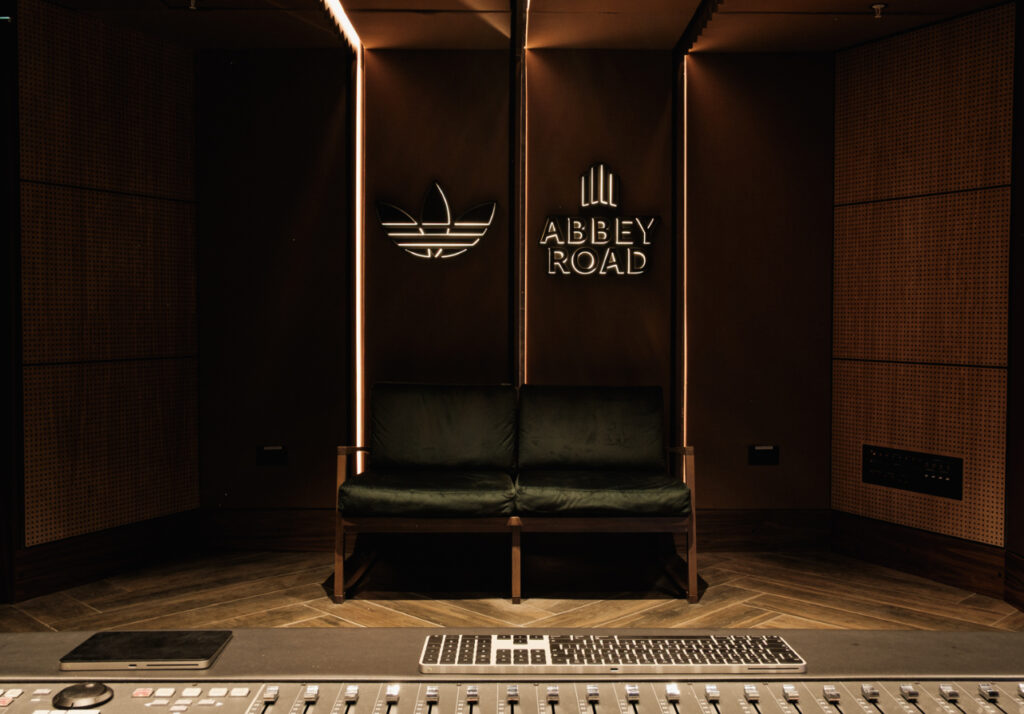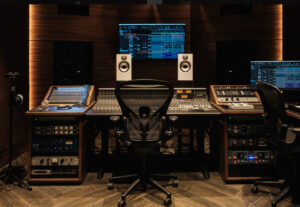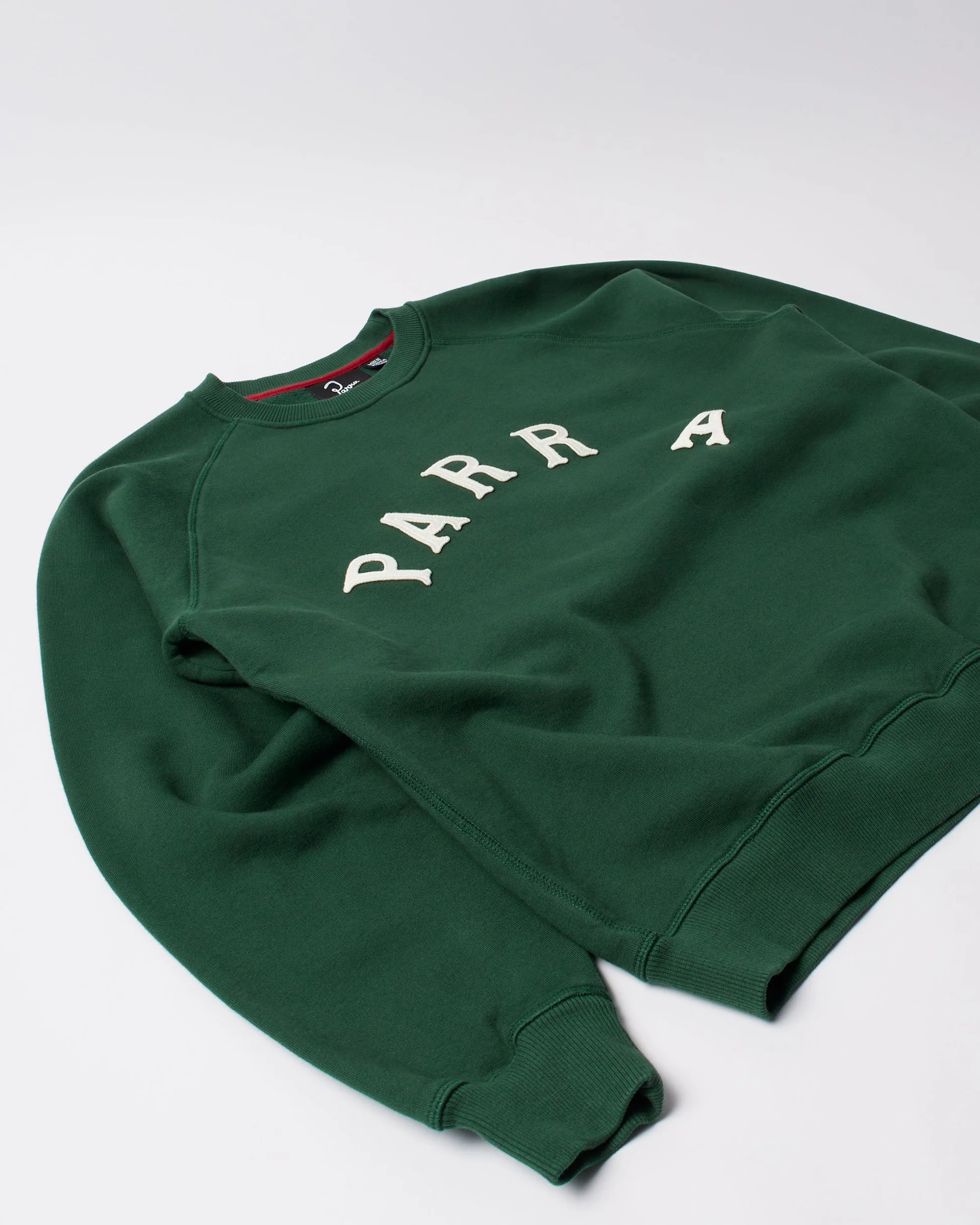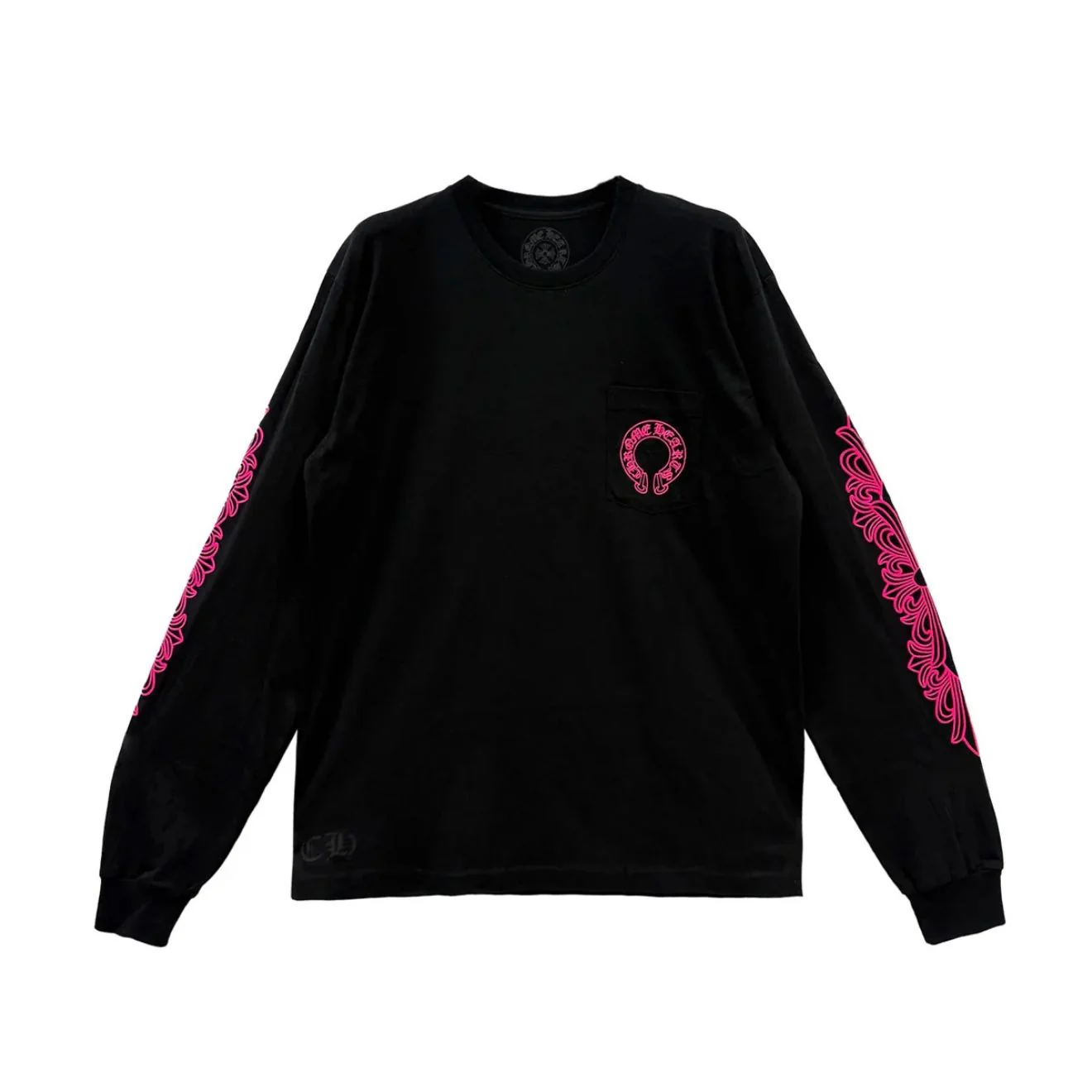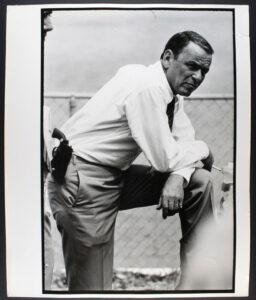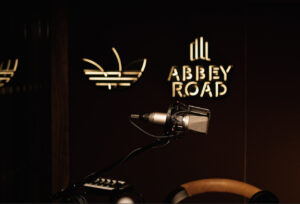
In a city long hailed as the beating middle of British music—from the anarchic swagger of the Sex Pistols’ first gig at the Lesser Free Trade Hall to the atmospheric ache of Joy Division and the global dominance of Oasis—Manchester now welcomes a new chapter in its sonic legacy. But this time, it’s not a band or a movement; it’s a space. And not just any space, but a recording studio engineered by Abbey Road Studios and powered by adidas Originals, housed inside Co-op Live, the UK’s largest music arena.
Officially dubbed the adidas Originals Recording Studio, this groundbreaking creative hub is more than a branding exercise—it’s a declaration. It is about access. It is about community. And it’s about reshaping the pipeline for the next generation of UK music.
Scheduled to open to the public in August 2025, the initiative represents a bold intersection of fashion, music, and culture—a multi-pronged commitment to nurturing talent, dismantling barriers, and reimagining what it means for a global brand to support local expression.
The Cultural Stakes: adidas Originals, Abbey Road, and Manchester
Let’s begin with the players involved.
adidas Originals has long straddled the line between streetwear and subculture. Whether outfitting hip-hop pioneers in the ’80s or collaborating with genre-defining creatives today, Originals is no stranger to music. But this project isn’t just another capsule collection or co-branded sneaker drop—it’s an architectural embodiment of the brand’s evolving mission: to amplify creativity at its source.
Then there’s Abbey Road Studios, a name synonymous with precision, excellence, and historical weight. To have their engineers design a facility inside Manchester’s Co-op Live is to bring decades of analog mastery and digital innovation into a space meant for the future—not the past.
And Co-op Live, Manchester’s massive, state-of-the-art music arena, functions as the physical and philosophical backdrop. Set to host everything from international tours to local showcases, it’s a venue designed for impact. By embedding a recording studio into this environment, adidas Originals and Abbey Road are effectively linking performance with production. You don’t just play here. You create here.
A Studio for the People: Design, Access, and Philosophy
The adidas Originals Recording Studio isn’t tucked away in some glass tower or behind velvet ropes. Its entire design ethos is rooted in democratization. It is meant to be used, not just admired. According to early reports, the space combines world-class audio fidelity with intuitive, user-friendly interfaces—making it ideal for emerging artists who may not yet have access to high-end production environments.
Behind its soundproofed doors lies a playground of analog warmth and digital clarity:
- Abbey Road-engineered sound systems
- Neumann microphones, vintage analog consoles
- A suite of DAWs (including Ableton, Logic, and Pro Tools)
- Modular synth setups, and custom-built preamps
- Acoustically optimized mixing rooms, vocal booths, and collaborative workspaces
More than just technical excellence, the space is designed to be emotionally intelligent—warm lighting, tactile materials, flexible layouts, and communal seating areas to encourage spontaneous collaboration. No sterile walls or intimidating setups. This is a creative living room, not a lab.
But it’s not just about the hardware. It’s about who gets to use it.
In partnership with Abbey Road’s Amplify and Equalise programmes, as well as Factory International’s Factory Sounds initiative, the studio will operate on a community-first basis. This means workshops for local youth, residencies for underrepresented artists, and recording slots for independent musicians priced out of commercial studios. Think of it as a sonic co-working space for the next Stormzy, the next Little Simz, the next Jamie xx—if they happen to be from Salford, Hulme, or Moss Side.
Factory International and Co-op Live: A Cultural Triumvirate
This project isn’t landing in isolation. It is part of a broader effort by Factory International—the creative institution behind Aviva Studios and Manchester International Festival—to rewire the city’s artistic infrastructure from the ground up. Their Factory Sounds programme aims to identify and elevate homegrown talent, not just with studio access but with mentorship, performance opportunities, and industry exposure.
This ecosystem—Factory International, Co-op Live, Abbey Road, adidas Originals—forms a rare cultural triad: corporate muscle, artistic legacy, and grassroots connection. Each element supports the others, and at the center is Manchester’s musical future.
Not Just a Studio—A Portal
To call the adidas Originals Recording Studio merely a place to record tracks would be to ignore its symbolic weight. It is a portal—a doorway into industry spaces that have historically been difficult to penetrate, especially for marginalized communities.
The language of music production is still, in many cases, a gatekept dialect: tech-heavy, male-dominated, geographically centralized in London or abroad. This studio flips the narrative. It says: You don’t have to move to find access. Access moves to you.
Manchester has always been rebellious that way. From the DIY punk ethic of Buzzcocks to the bedroom drum machines of The 1975, it has never waited for permission. The adidas studio captures that spirit and scales it—offering technical precision without stripping the grit.
Beyond the Booth: Workshops, Mentorship, and Liftoff
Key to the project is its educational mission. This isn’t just a plug-in-and-play studio—it’s a full creative curriculum. Alongside recording access, the initiative will host:
- Production bootcamps with Abbey Road engineers
- Songwriting circles led by industry veterans
- Panel talks with music executives, venue bookers, and festival organizers
- Mental health support workshops, acknowledging the emotional labor of creative work
And critically, there’s a long-term plan for artist incubation. Those selected for Factory Sounds residencies will not only record music—they’ll get performance slots at Co-op Live, brand amplification via adidas channels, and access to Abbey Road’s broader creative network.
For once, the ladder isn’t just visible—it’s climbable.
Aesthetic and Architecture: Future-Facing But Rooted
Visually, the studio maintains the adidas Originals aesthetic: sleek, minimalist, but with subcultural flair. Think concrete walls softened by recycled textile panels. Neon blue accents pulsing like soundwaves across the ceiling. Modular furniture for both lounging and late-night writing sessions.
There are subtle nods to Manchester’s music history throughout: exposed brick from repurposed buildings in the Northern Quarter; vintage flyers from The Haçienda and Band on the Wall; curated vinyl on display from local legends. It feels of the city, not imposed upon it.
Flow
The opening of the adidas Originals Recording Studio at Co-op Live is not just a brand activation—it is a cultural provocation. It asks: what if the next global music revolution didn’t come from LA, Berlin, or Brooklyn? What if it emerged from a publicly accessible studio inside a mega arena in Manchester?
And what if the barrier to entry wasn’t who you knew or where you lived—but simply what you had to say?
That’s the quiet revolution happening here. A brand like adidas, with its global visibility and commercial clout, choosing to build platforms instead of campaigns, to create spaces instead of slogans. A studio that doesn’t just reflect culture, but helps make it.
This isn’t just a win for Manchester. It’s a new model for corporate-cultural collaboration. One rooted in trust, craft, and above all, access. As Manchester reclaims its crown as the UK’s music capital, adidas Originals has placed a gilded brick in the foundation—and Abbey Road has fine-tuned the acoustics.
Come August, it won’t be just an opening. It’ll be an ignition.
No comments yet.

